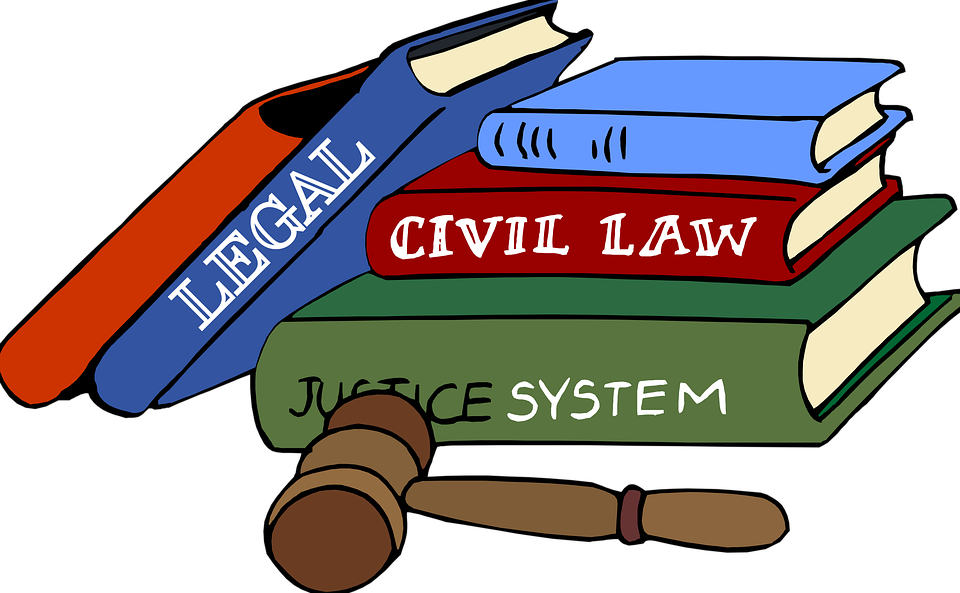CASES IN STRICT LIABILITY
- Strict liability is such classes of cases in which the liabilities of the defendants are more strict than in ordinary cases.
- Liability is imposed on the defendant irrespective of consideration s of their mental state. Liability is not based on blameworthiness.
- Even innocent persons are held liable for harm caused to others an account of the escape of things from their land.
The important cases of strict liability can be classified as:
- The rule of Rylands V. Fletcher
- Liability for Damage Operation
- Liability for Animals
- Liability for Dangerous Chattels
- Liability for Dangerous structures and Premises
RULE IN RYLANDS V. FLETCHER
The facts of this leading case were as follows:
Ryland employed independent contractors who were apparently competent to construct a reservoir on his land.
In the course of the work, the contractors came upon old shafts and passages on Ryland's land.
They communicated with the mines of Fletcher, a neighbour of Ryland, but no one suspected this for they appeared to be filled with earth.
The contractors did not block them up and when the reservoir was filled, the water from it burst through the old shafts and flooded fletcher's mines.
It was found as a fact that while Rylands has not been negligent the contractors were negligent. Fletcher sued Rylands and the house of lords ultimately held the defendant Rylands liable.
This rule of law was affirmed as correct by the House of Lords.
Blackburn J. said : We think that the true rule of law is that that person who, for his own purposes, brings on his land and collects and keeps there anything likely to do mischief if it escapes, must keep it in at his peril and if he does not do so is prima facie answerable for all the damages which is the natural consequences of its escape.
This new rule had really made substantial progress on earlier English law in 2 branches.
In the matter of imposing liability on occupies of land for the escape of things from their premises.
In the matter of the classes of persons for whose defaults in connection with such escape the occupier is vicariously responsible.
As to one, the court took a rule of liability which has been more or less clearly perceived in connection with the escape of fire, cattle or unruly beats, and extended it to the escape of mischievous things generally.
As to two, they laid down that that occupier from whose land these things escaped and did damages is liable not only for the default of his servant but also for that of an independent contractor and for that of anyone except a stranger.
EXCEPTIONS TO THE RULE
The rule in Rylands V. Fletcher has so many exceptions that Scrutton, LJ said:
"When stated without the exception it is a rule of absolute liability but there are so many exceptions to it that it is doubtful whether there is much of the rule left." The main exceptions are the following:
- Damage due to Natural user of Land.
- Things Naturally on Land and not essentially dangerous.
- Consent of the plaintiff
- Common Benefit
- Act of Stranger
- Statutory Authority
- Exemption for Liability for catastrophic of Natural such as an extraordinarily rainfall or storm or lightning.
- Default of plaintiff








No comments:
Post a Comment